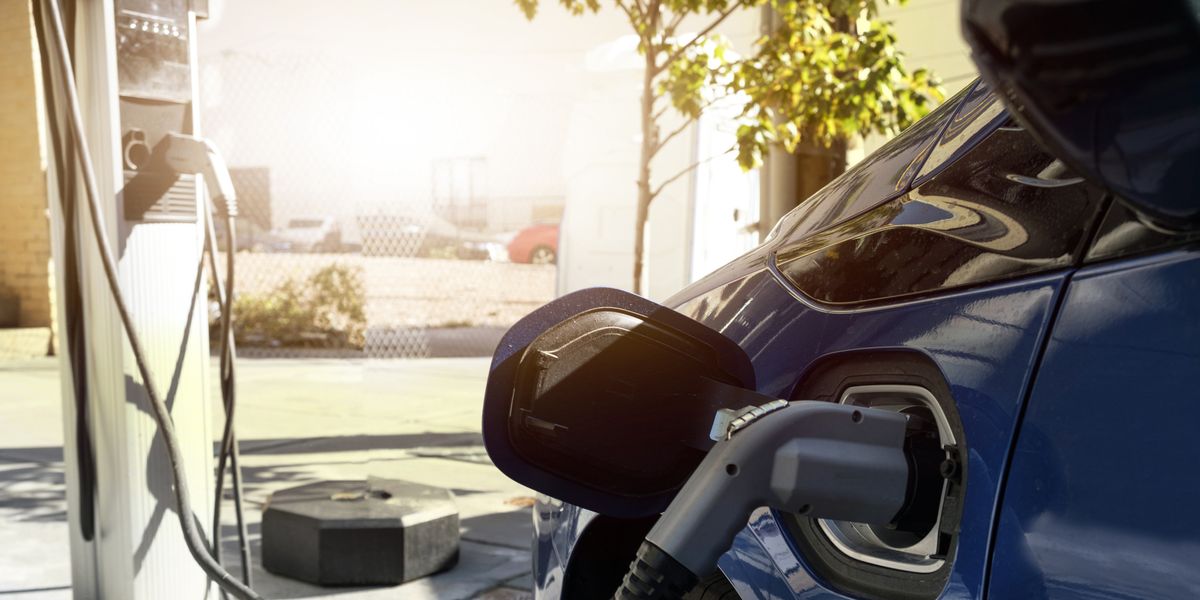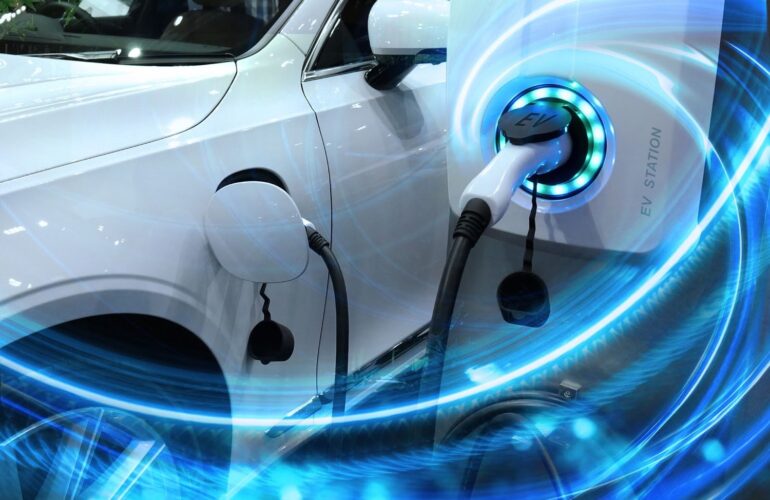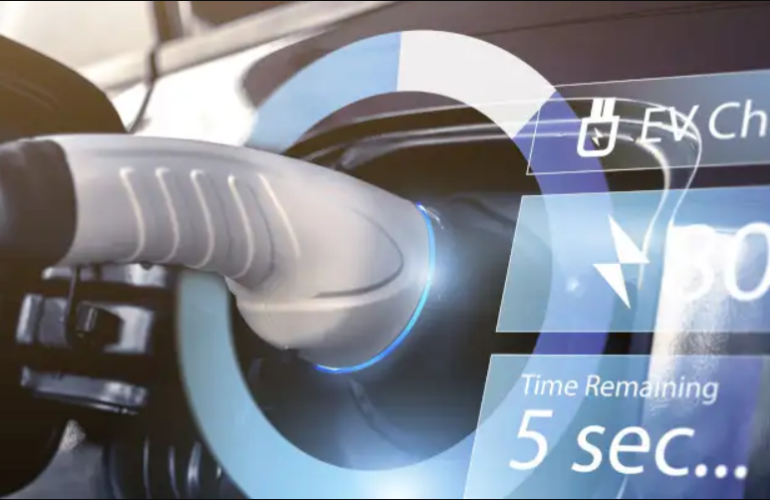More and more individuals are seeking solutions to charge their electric cars as the popularity of these vehicles rises. While stations for charging are becoming increasingly widespread, they still need to be available in many regions. Fortunately, there are various alternatives to using a charging station to power an electric vehicle.
We’ll go through three of the most prevalent techniques: utilizing an electric vehicle charging for a home setup, using a handheld electric car with a battery charger, and employing regenerative braking.
Installing an Electric Car Charger at Home
Installing an electric vehicle charger for home usage is one of the most practical and efficient methods of powering a battery-operated vehicle without a charging station.
This low-cost, straightforward solution enables you to assess your automobile while sleeping. You’ll need to contact a licensed electrician to build an isolated circuit and charger to install a vehicle powered by electricity charging at home. Once fitted, plug your automobile into the battery pack and leave it overnight to charge.
There are various benefits to adding a car’s battery charger to your house. Regardless of where you reside, you’ll always be near a location to charge your automobile. This means you won’t need to look for a place to charge or wait in the queue to use one. Furthermore, charging your vehicle at home is frequently faster and cheaper than using a charging station in the community.
There are various things to consider while placing a vehicle’s electric charger for residential use. The sort of charger you require must be determined first and foremost.
Chargers are classified into two types: the first level and Level 2. It may take as long as 24 hours for Level 1 chargers to charge your automobile because they are slower. Level 2 battery chargers are faster and can charge your automobile in less than four hours. Level 2 chargers, on the other hand, need an individual circuit and skilled installation.
Charger for Electric Vehicles on the Go
A portable electric vehicle charger is another option for charging an electric car lacking a charging station.
These chargers are lightweight and straightforward, making them ideal for on-the-go charging. Portable electric vehicle chargers may be connected to any regular power outlet, such as those found in parking lots or public places, and charge your car more slowly than an indoor charger or station.
Portable chargers for electric cars are ideal for anyone who needs to power their vehicle while on the road. They are compact and lightweight, which makes them easy to transport in the trunk of your car. Furthermore, they are pretty cheap, making them an excellent choice for individuals who want to avoid investing in an at-home charger or depending on charging stations in public.
It’s vital to realize that charging periods may vary based on the charging you choose and the willingness of the battery in the vehicle when utilizing an external electric car charger. You must also ensure you are close to a regular power supply to use the charger. This means you should schedule your charging pauses ahead of time to ensure you are close to an outlet.
Brake regeneration
Electric vehicles have braking that uses regenerative technology, which allows them to recover part of the power lost while braking and then utilize it for powering the battery. This is a quick and easy way of powering your electric vehicle without a station for charging.
Make an effort to prepare stops when driving, and instead of slamming on the brakes to slow down, use a regenerative braking system. This allows the automobile to collect part of the braking energy and utilize it for charging the battery.
Solar Power Charging
Solar recharging is a sustainable approach to powering your electric car if you don’t have access to a charging station. Solar panels may be installed on your home or in the driveway to generate power and charge the batteries in your electric car. The solar panels’ power can be stored in a pack of batteries or immediately delivered to the electric automobile.
Conclusion
To summarise, various alternatives exist to utilizing a free charging facility to power an electric vehicle. Adding a home electric vehicle charger is a particularly convenient and effective solution since it allows you to recharge your car while you sleep.
Portable electric vehicle chargers are convenient for on-the-go charging but power slower than home outlets or community charging stations. Regenerative or regenerative braking is another method of charging your electric vehicle while driving.



